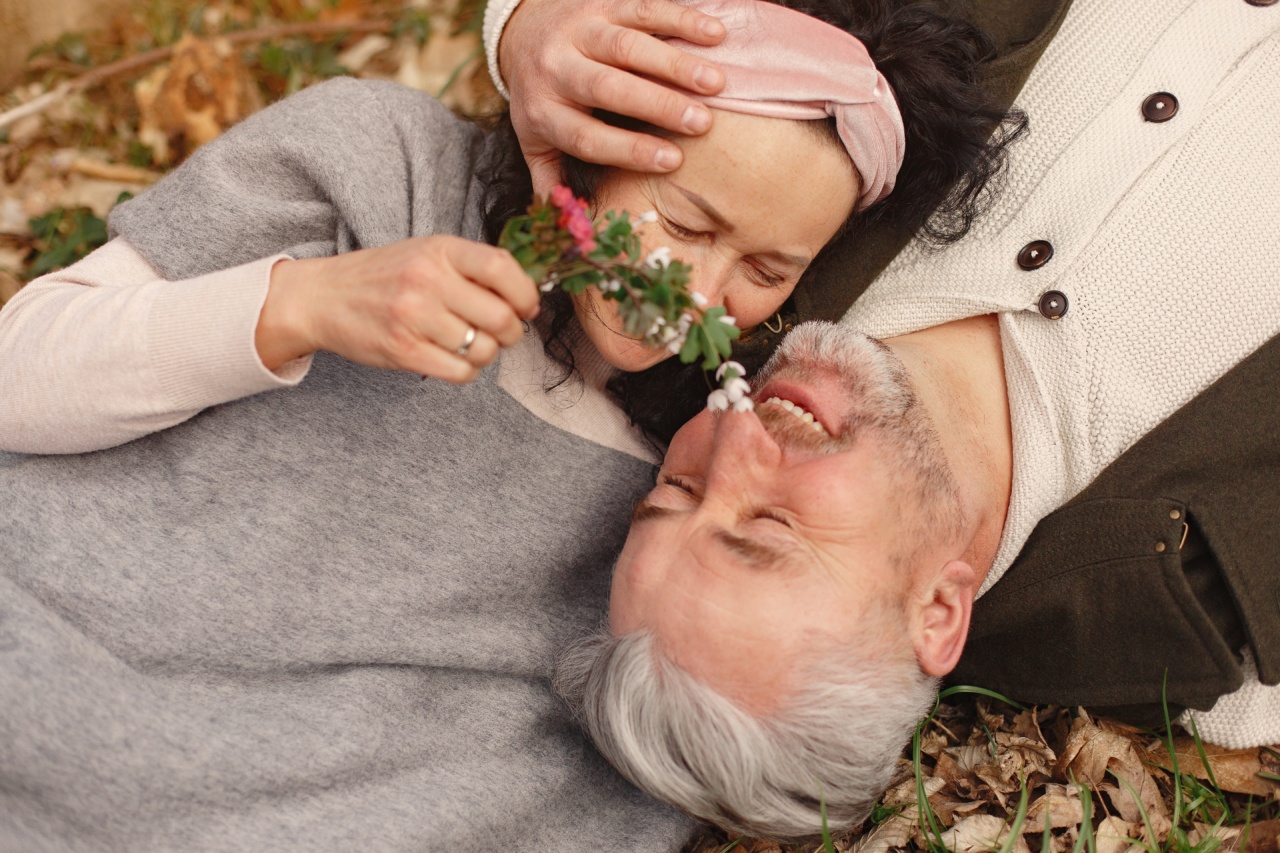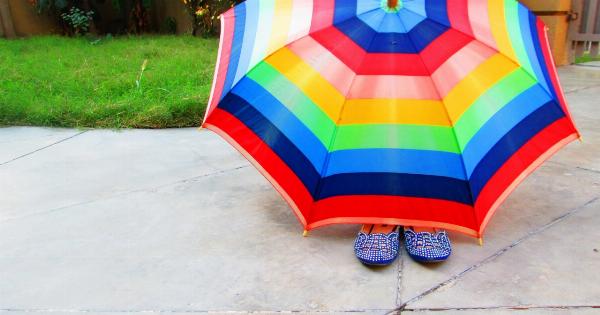Autumn is undoubtedly one of the most beautiful seasons of the year when nature unfolds an array of colors and bounties. However, it is also the season when allergens are at their peak and can wreak havoc on the immune system of allergic individuals.
Seasonal allergy symptoms such as runny nose, sneezing, watery eyes, and nasal congestion can turn any autumn day into a nightmare. The good news is that you don’t have to suffer in silence. With the right measures, you can shield yourself from autumn allergies and enjoy the season to the fullest.
Identify your Allergens
Identifying your allergens is the first step to effective allergy management. Autumn allergies can be caused by a wide range of triggers such as ragweed, mold, and dust mites. Pollen from trees such as elm, oak, and maple can also be allergenic.
To identify your allergens, you can opt for allergy testing. This may involve skin prick tests or blood tests to determine your immune system’s response to specific allergens.
Keep Your Home Clean
Keeping your home clean and free from allergens is key to managing autumn allergies. Dust and vacuum your home on a regular basis, paying special attention to areas such as carpets, bedding, and curtains.
Use allergen-proof covers on your pillows and mattresses and wash your bedding regularly in hot water. Be sure to keep your windows closed during peak pollen periods to prevent pollens from entering your home.
Use Air Conditioning
If you have an air conditioning system in your home, consider using it during autumn to filter out allergens from the air. Air conditioning can also help regulate humidity levels, which can reduce the risk of mold growth.
Be sure to clean or replace your air filters regularly to ensure optimum air quality.
Avoid Trigger Foods
Certain foods can trigger allergic reactions in individuals with fall allergies. Apples, celery, and carrots are known to contain proteins that can cross-react with pollen from trees such as birch, alder, and hazelnut.
This can cause mouth, throat, and tongue itching in some individuals. It is therefore important to avoid these foods during autumn if you are allergic to tree pollen.
Wear Protective clothing
Wearing protective clothing can help shield you from allergens when you are outdoors. Consider wearing a hat and sunglasses to protect your face from pollen. Long-sleeve shirts and pants can also prevent pollen from coming into contact with your skin.
Be sure to wash your clothes regularly to get rid of any allergens that may have accumulated on them.
Use Over-The-Counter Medications
Over-the-counter medications such as antihistamines, decongestants, and nasal sprays can help ease the symptoms of autumn allergies.
These medications work by blocking the effects of histamine, a chemical released by the immune system during an allergic reaction. Be sure to consult your healthcare provider before using any over-the-counter medication to ensure that it is safe and effective for you.
Consider Immunotherapy
Immunotherapy, also known as allergy shots, is a treatment that involves exposing your immune system to small amounts of your allergens over time.
This can help train your immune system to become less reactive to allergens, reducing the severity of your allergy symptoms in the long run. Immunotherapy is a long-term treatment that can take several months or years to complete but can be highly effective in managing allergic reactions to pollen, mold, and ragweed.
Stay Informed
Stay informed about pollen counts and air quality in your area. You can do this by checking local weather reports or downloading allergy apps that provide real-time allergy alerts.
Avoid spending too much time outdoors during high pollen counts and factor the weather into your autumn activities.
Final Thoughts
Autumn allergies can be a challenge for many people, but with the right measures, you can shield yourself from allergens and enjoy this beautiful season without being sidetracked by allergy symptoms.
Be sure to identify your allergens, keep your home clean, wear protective clothing, and use over-the-counter medications or immunotherapy if necessary. Stay informed about pollen counts and air quality in your area and avoid trigger foods to keep allergic reactions at bay.






























